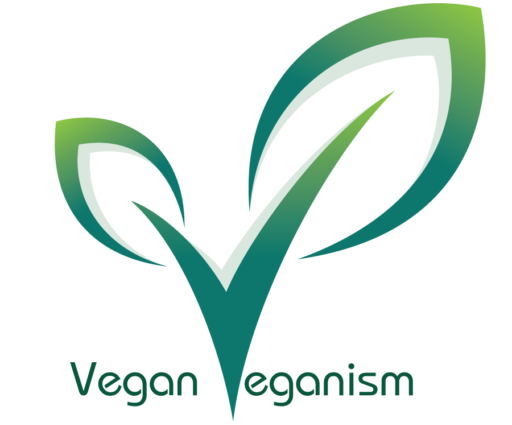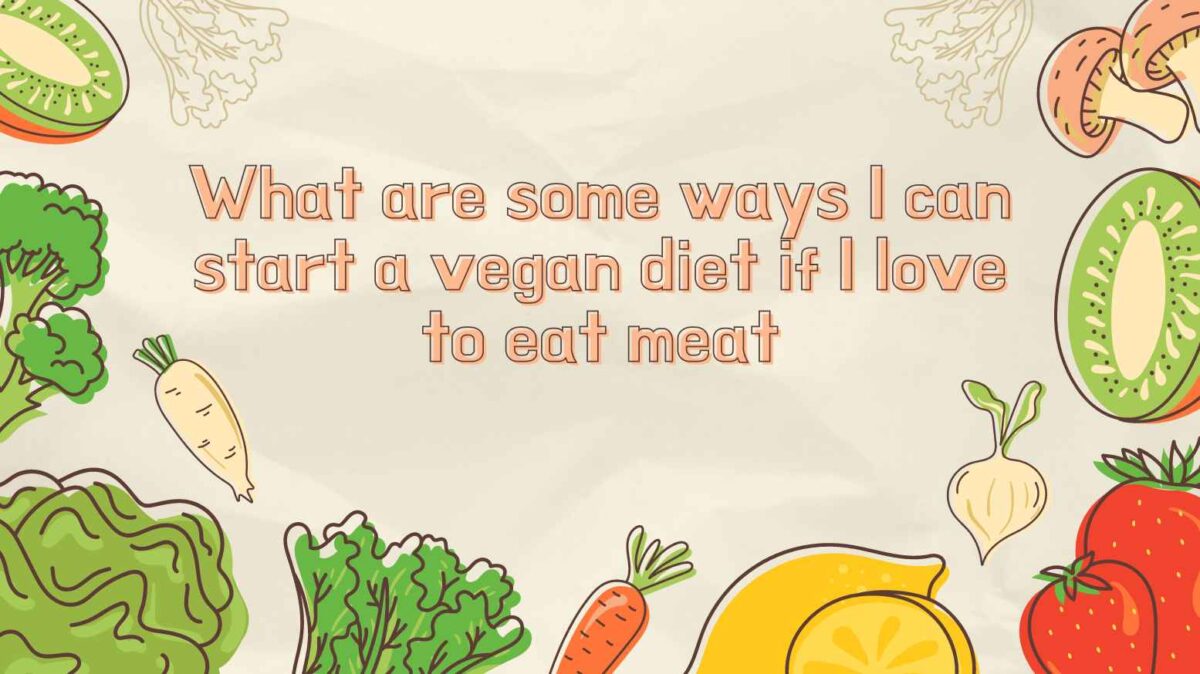Okay, so you’re interested in making the switch to a vegan diet, but it can be intimidating to give up meat. Do not be alarmed! Many people who were originally motivated to adopt a vegan lifestyle for health, ethical, or environmental reasons encounter comparable difficulties, particularly if they enjoy eating meat.
But worry not, it is quite possible to go on a delicious and rewarding plant-based journey, even for individuals who enjoy a good steak. The following wise advice may help you transition to a vegan diet gradually:
Starting a Slow Transition
A progressive approach provides a safe beginning point for people who are interested in becoming vegans but are afraid to give up meat. Instead of making a drastic shift, start by increasing the amount of plant-based meals you eat. Give your taste buds time to get used to the change. Start with one or two meatless days each week and then tack on more as you and your family become used to the change.
Discovering the Exciting World of Plant-Based Foods
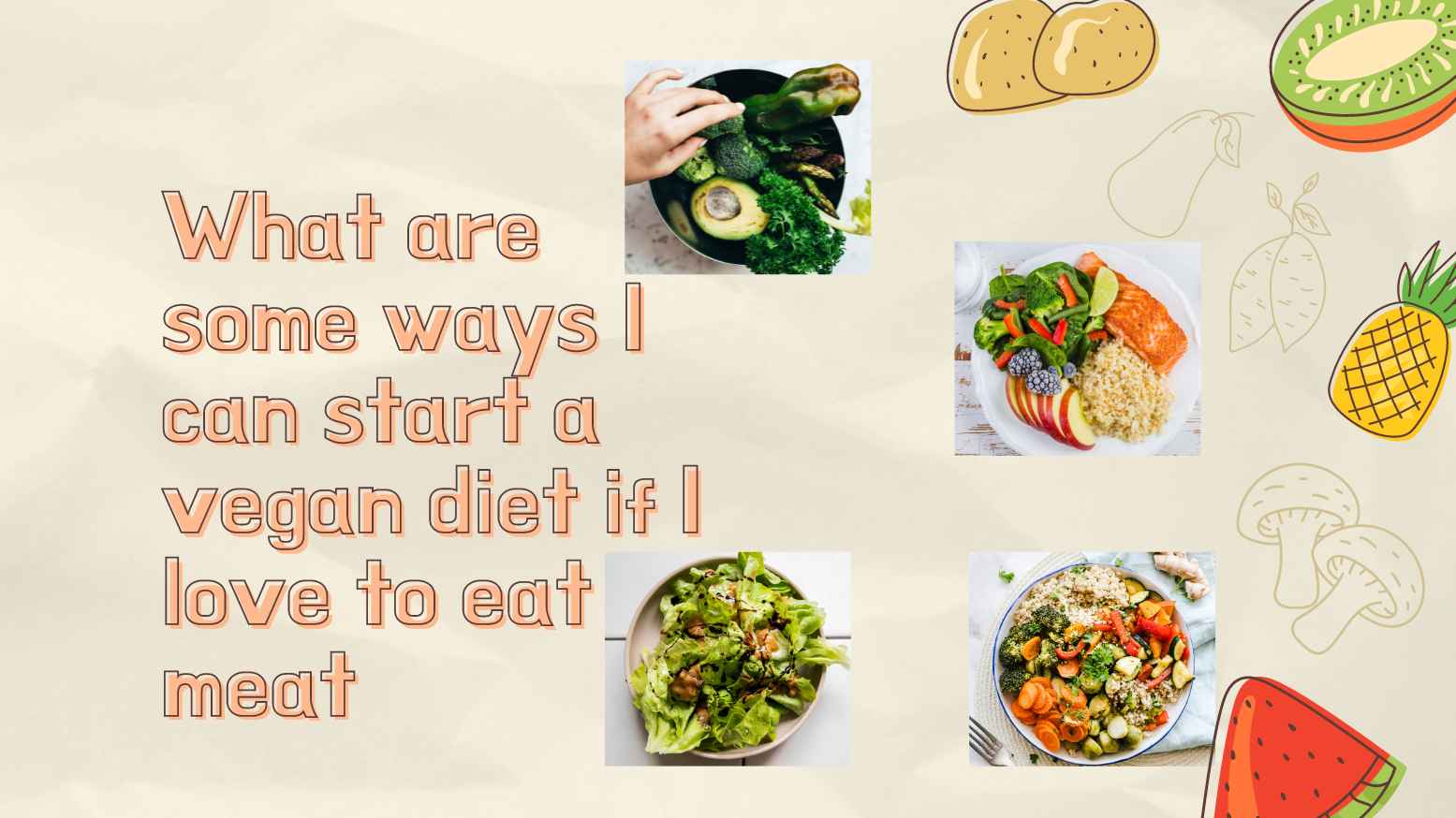
Misconceptions aside, vegan food is anything but boring. Explore a variety of dishes that highlight the wide range of flavors and textures that are present in plant-based alternatives. Try a variety of international cuisines and let your taste buds discover the depths of beans, tofu, tempeh, and seitan. A delightful and unexpected gastronomic adventure is promised by the profusion of fruits, veggies, and whole grains.
Using Scrumptious Substitutes
Plant-based substitutes that taste great can be invaluable partners during your shift. Investigate the growing selection of plant-based meat substitutes, such as vegetarian crumbles, sausages, and burgers. For the best possible health advantages, keep in mind that moderation is essential and prioritize complete, unprocessed meals.
Adding Flavor to Your Vegan Journey
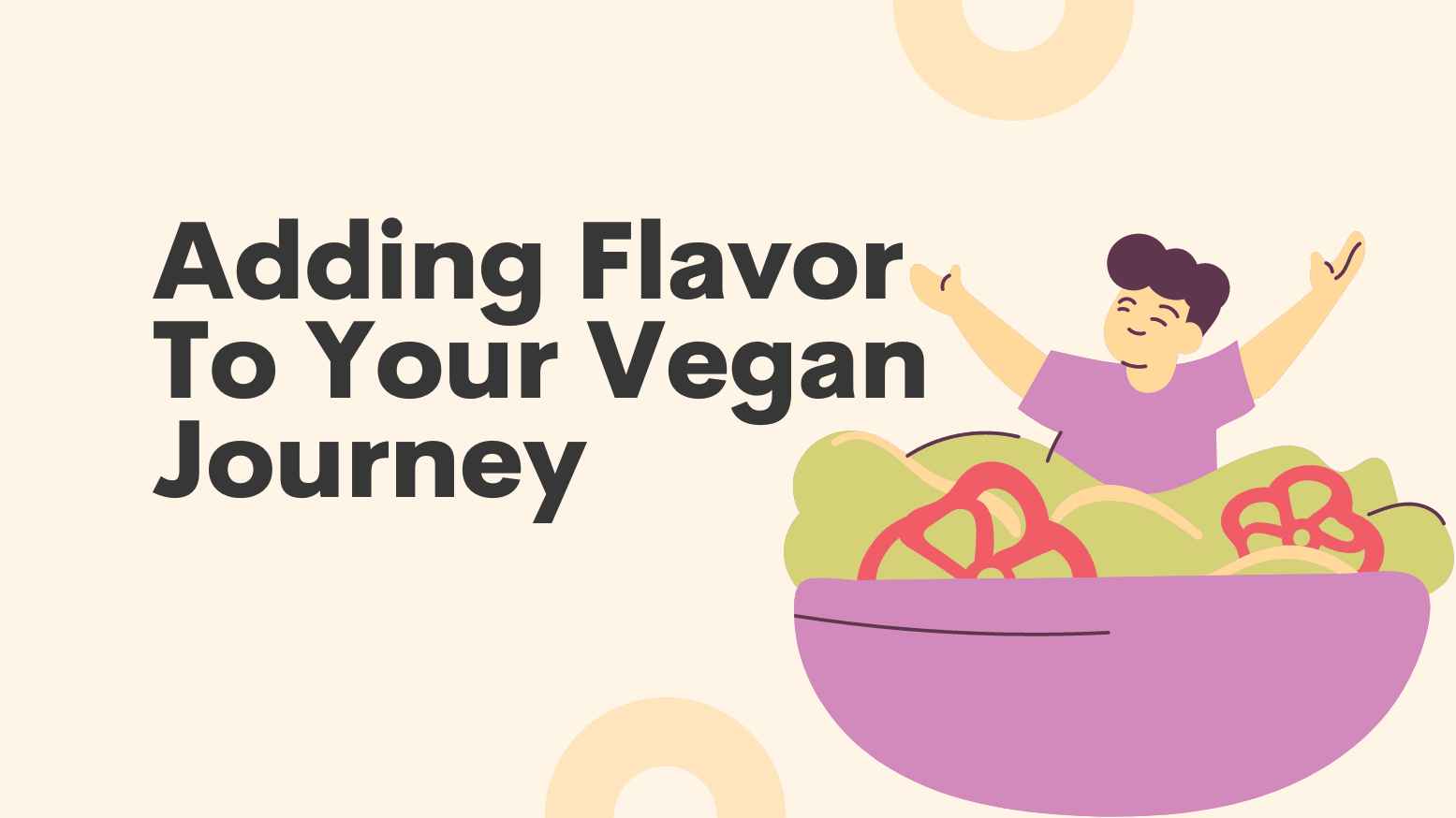
When cooking vegan food, flavor is crucial. Try different combinations of herbs, spices, and seasonings to discover endless possibilities. Spices, such as hot chiles and Smokey paprika, can transform basic plant-based meals into taste explosions that equal those made with meat.
Putting Nutritional Needs First
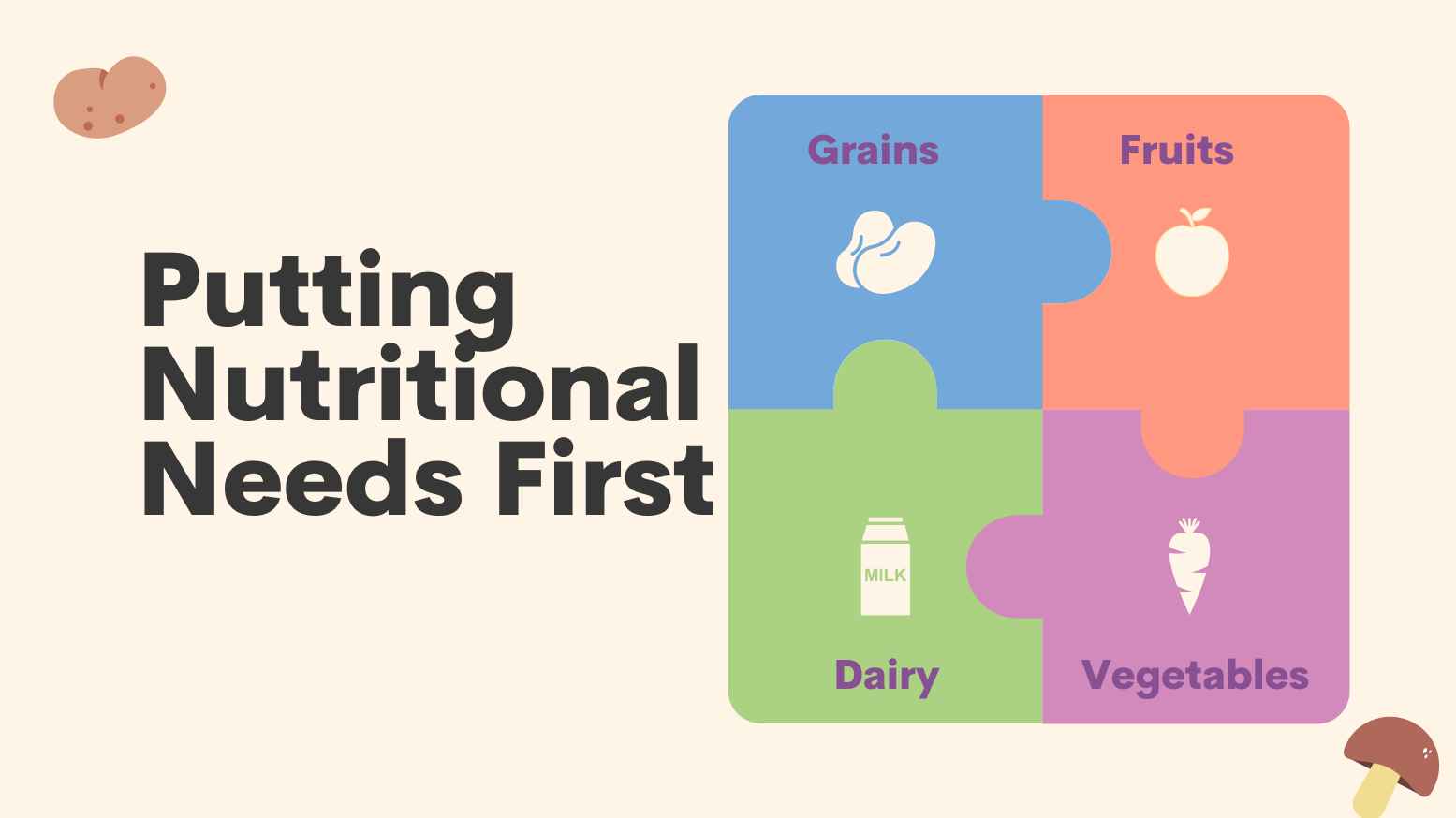
Making the switch to a vegan diet doesn’t mean sacrificing necessary nutrients. Examine essential components such as iron, omega-3 fatty acids, and vitamin B12, and carefully arrange your meals to fulfill these dietary needs. A well-balanced vegan diet can be achieved with fortified foods, supplements, or advice from a registered dietitian.
Getting in Touch with the Vegan Society
Interacting with the vegan community offers a plethora of culinary ideas, inspiration, and support that is priceless. Communities, social media groups, and online forums allow you to connect with like-minded people who are aware of the benefits and drawbacks of following a vegan diet.
It is important to recognize and celebrate any progress, no matter how tiny. Every vegetarian meal is a step in the right direction. To stay motivated and enjoy the transition, reward yourself with fun new vegan snacks or activities. Consider your transition to a plant-based diet as a process rather than a final goal.
Accept the odd slip-up as a teaching moment and move on with self-compassion, forgiveness, and patience. Each step you take toward adopting a vegan lifestyle benefits the planet’s health, animal welfare, and your health.
You may also like:
- Why did you go vegan
- Why do so many vegans quit being vegans
- What are some ways I can start a vegan diet if I love to eat meat
FAQs
1. How can I gradually transition to a vegan diet without feeling deprived?
Start by incorporating more plant-based meals into your routine, like one or two meatless days a week. Explore delicious vegan alternatives and spices to keep things interesting. Remember, moderation is key when using processed substitutes.
2. What are some exciting plant-based foods I can try?
The world of plant-based cuisine is vast! Experiment with legumes (beans, lentils), tofu, tempeh, seitan, and a variety of fruits, vegetables, and whole grains. Explore global cuisines and discover new flavors and textures.
3. Are there any good replacements for meat in vegan dishes?
Yes! Check out the growing selection of plant-based meat alternatives like burgers, sausages, and crumbles. These can help satisfy cravings while offering a familiar starting point. Remember, prioritize whole, unprocessed foods for optimal health.
4. How can I make sure I’m getting all the nutrients I need on a vegan diet?
Research key nutrients like Vitamin B12, iron, and omega-3s, and plan meals to ensure you meet your needs. Consider fortified foods, and supplements, and consult a registered dietitian for personalized guidance.
5. Are there any vegan communities I can connect with for support and advice?
Absolutely! Online forums, communities, and social media groups offer invaluable support, inspiration, and recipe sharing. Surround yourself with positive influences who can answer your questions and motivate you on your journey.
6. What if I occasionally slip up and eat meat? Should I give up?
No! Don’t be discouraged by slip-ups. See them as learning opportunities and keep moving forward. Be patient, forgiving, and kind to yourself throughout the process. Every step, even a small one, makes a difference.
